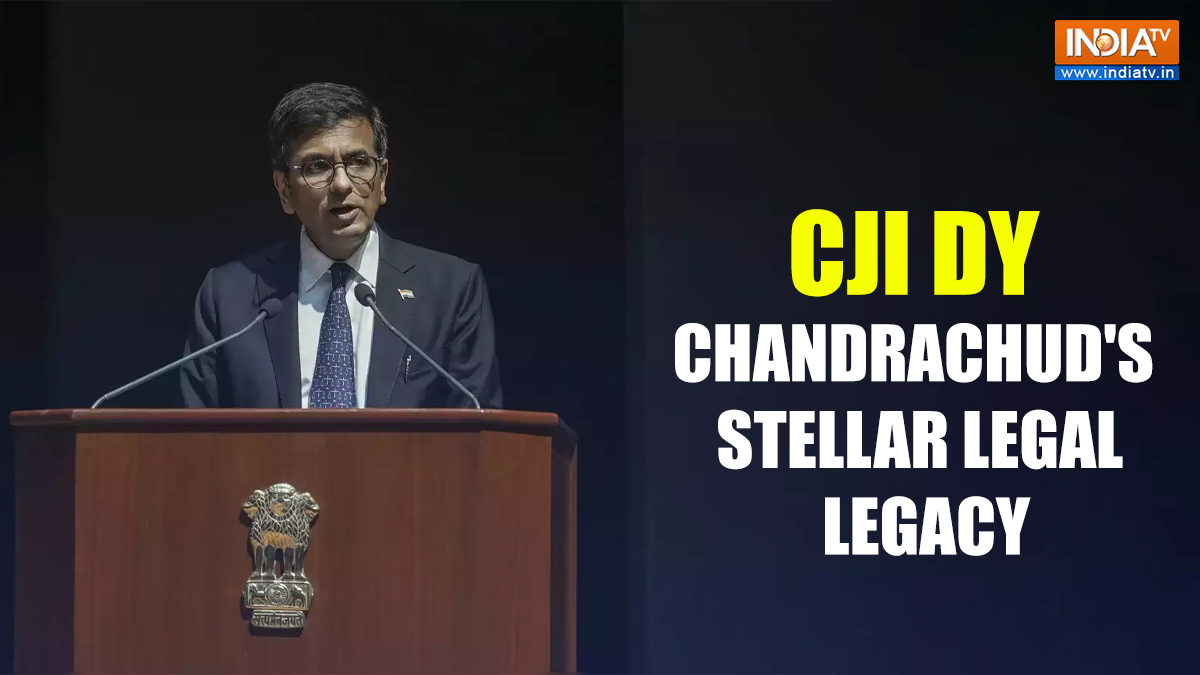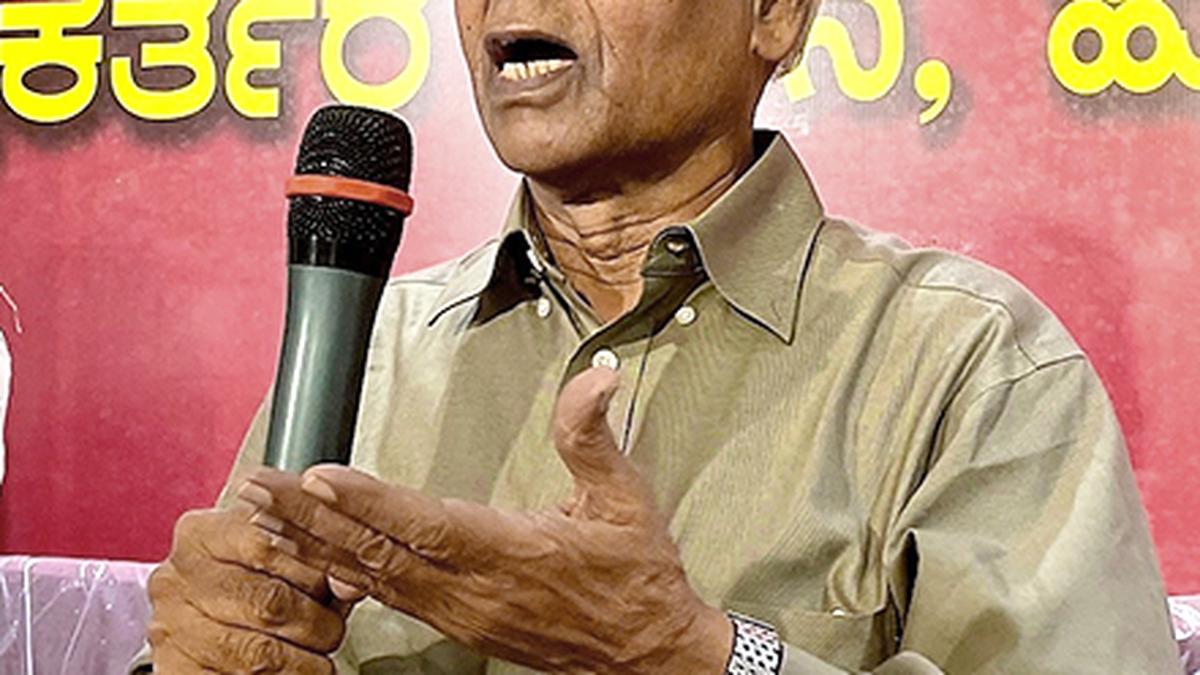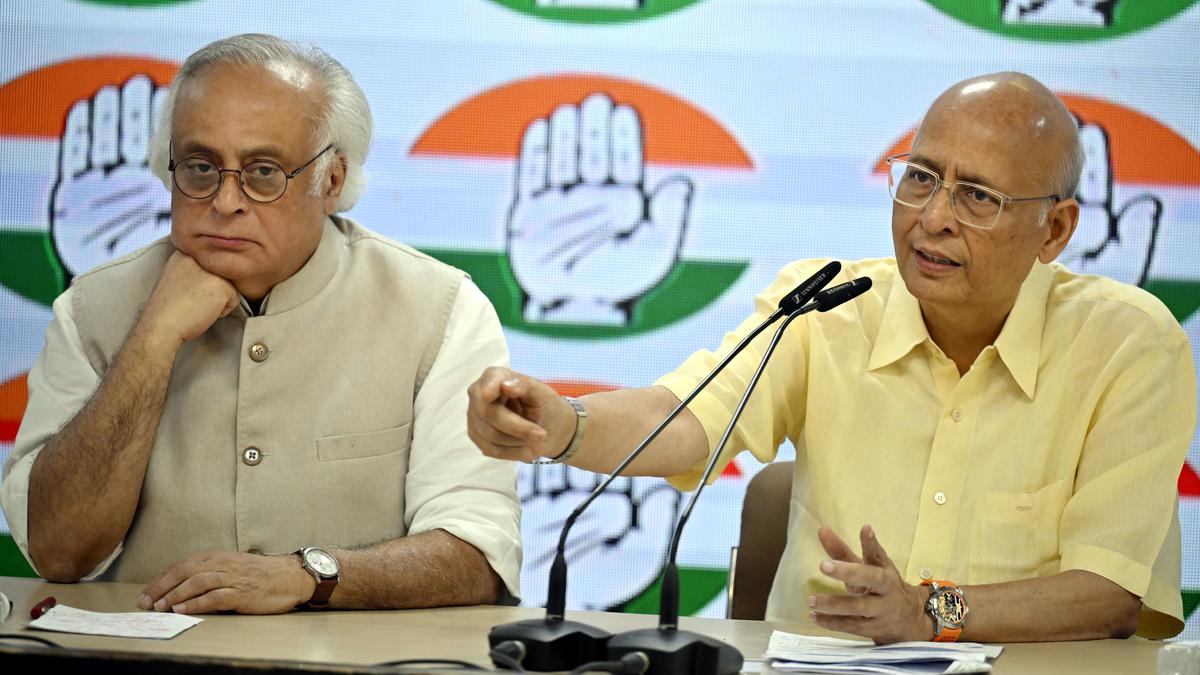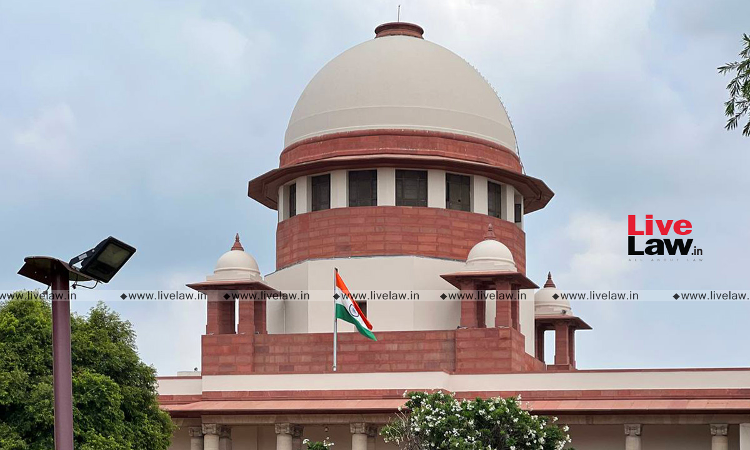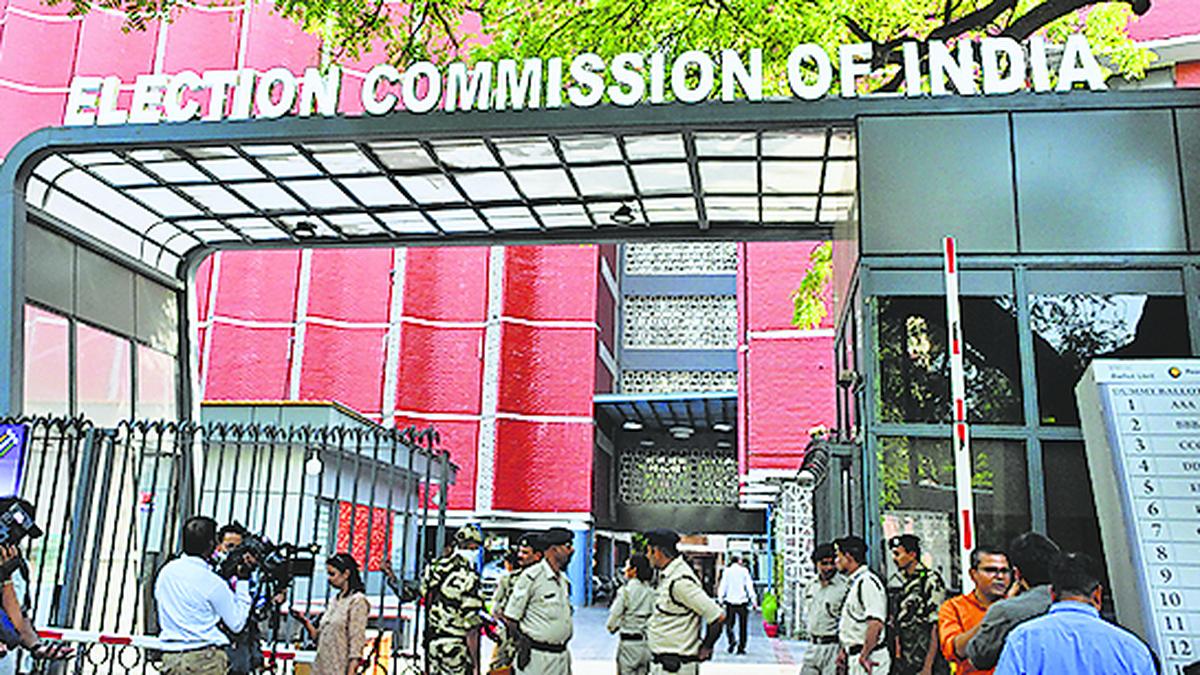Ensuring trust in the electoral process
The HinduThe Election Commission of India has announced dates for elections to five Legislative Assemblies. However, using the money bill route to bypass the Rajya Sabha, the government introduced regressive amendments to laws, including the Income Tax Act of 1961, the Companies Act of 2013, and the Representation of the People Act of 1951, to introduce electoral bonds which allow donors to anonymously donate unlimited amounts of funds to political parties. Expressing its opposition to electoral bonds in the Supreme Court, the Election Commission has contended that they will have an adverse impact on transparency in political party financing and would make it impossible for the constitutional body to ascertain whether donations received were in compliance with the statutory framework governing political parties. In conjunction with these amendments, which enabled Indian subsidiaries of foreign companies to make donations to political parties, electoral bonds allow anonymous financing by foreign entities opening Indian elections to the influence of foreign interests. Big money in electoral politics The rationale given by the government for providing anonymity to donors of electoral bonds is to allow donors to use legitimate funds to support political parties by protecting them against the wrath of rival parties, especially the party in power.
History of this topic

Electoral Bonds: SC declines pleas seeking SIT probe into alleged quid pro quo in electoral bond donations
Op India
Electoral bonds: SC to hear plea seeking SIT probe
The Hindu
Supreme Court to hear plea to set up panel to probe into electoral bonds on July 22
India Today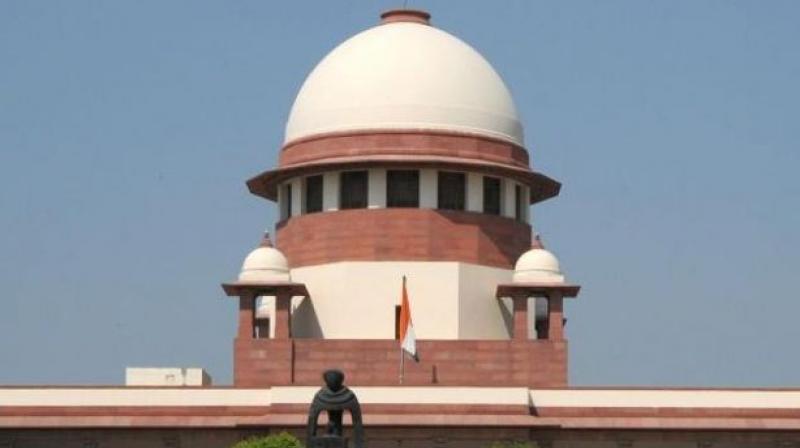
SC to Review PIL Seeking Probe into Electoral Bonds Scheme
Deccan Chronicle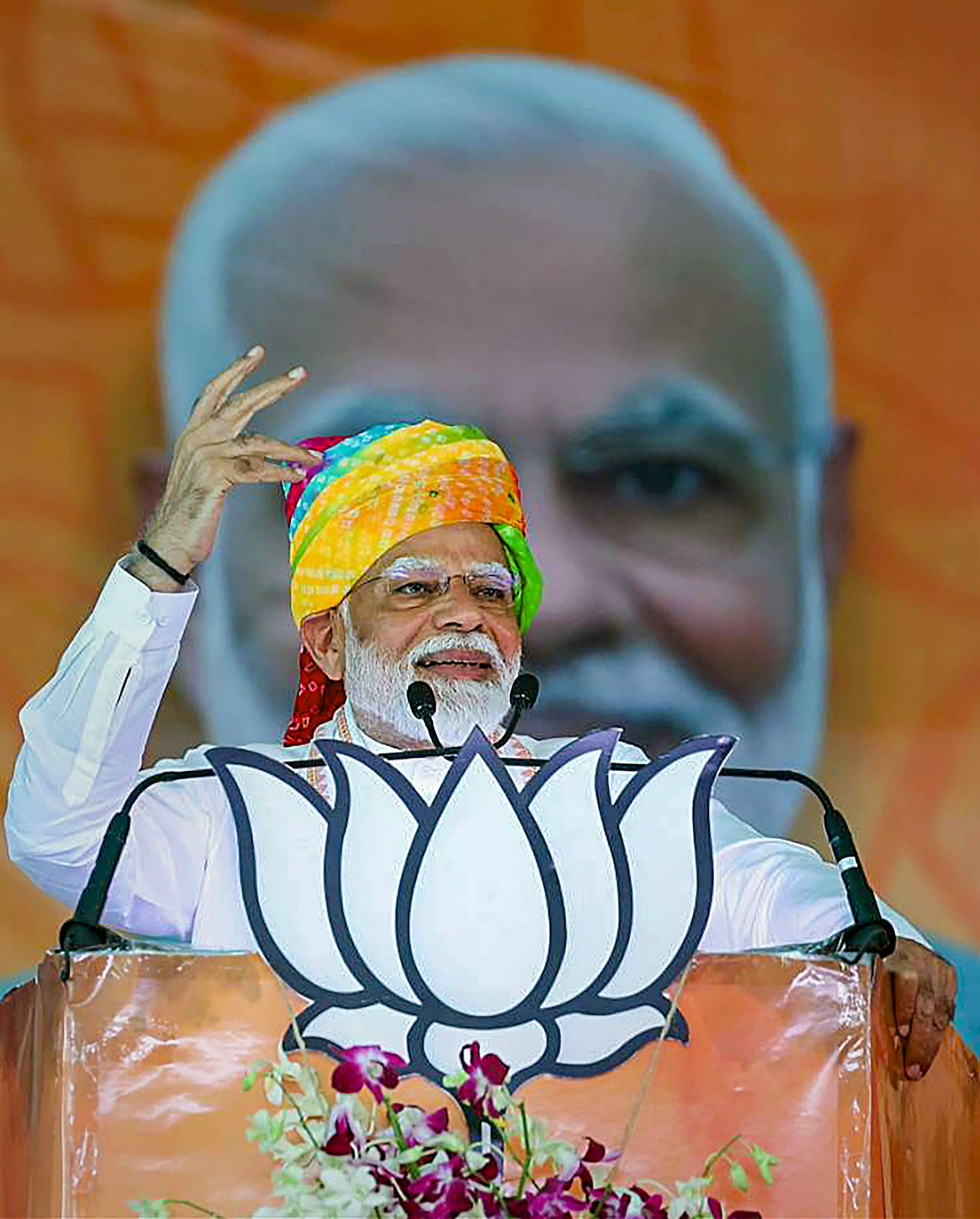
DC Edit | Poll bonds: Be transparent
Deccan Chronicle
Nirmala Sitharaman hints at bringing in a political funding framework that will be acceptable to all
Live Mint
Electoral bonds will be back after consultations: Finance Minister Nirmala Sitharaman
Hindustan Times
Pandora’s box: The Hindu Editorial on the electoral bonds scheme, emerging details
The Hindu
Bonds, big money and an imperfect democracy
The HinduAbuse of money power in elections is a serious concern, says former Supreme Court judge
The Hindu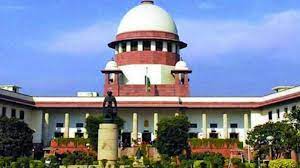
DC Edit | Only probe can establish facts of murky poll bond sales
Deccan Chronicle
'Breach of trust': Ex-finance secretary on SBI's electoral bonds move
India Today
Electoral bonds are ‘post-raid’ bribes to BJP-led government: Jairam Ramesh
Hindustan Times
Satire | Bias against electoral bonds
The HinduElectoral Bonds case | SBI confirms to Supreme Court its ‘complete disclosure’ of electoral bonds data
The Hindu
Electoral Bonds: Supreme Court rebukes SBI, says don't be ‘selective’
Hindustan Times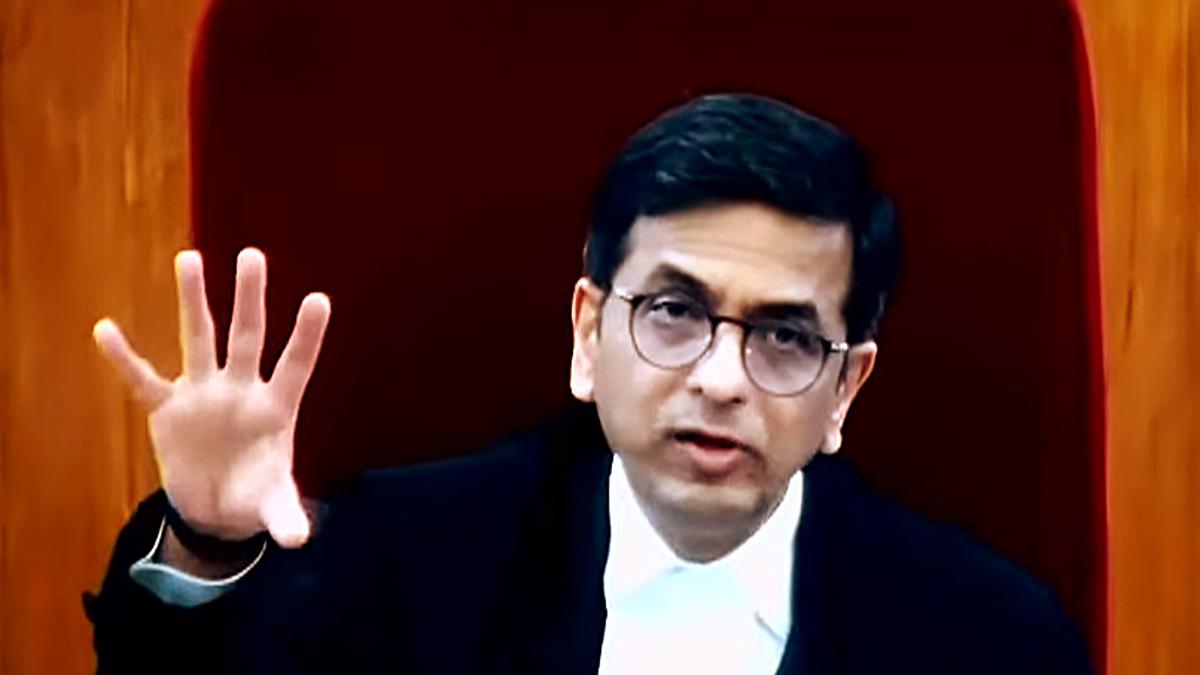
Electoral Bonds Case: SBI must provide full details on electoral bonds without bias, as required by the court
The Hindu
ECI uploads more data on bonds till November 2023
Hindustan Times
Electoral bonds case highlights: RJD, JD(U) trade charges over EB scheme
Hindustan Times
Electoral bonds: A key poll plank for anti-BJP forces
Hindustan Times
Electoral bonds an experiment, time will tell how beneficial it was: RSS
New Indian Express
Bonded favours: The Hindu Editorial on the electoral bond scheme, sordid revelations
The Hindu
‘Electoral bonds is an experiment’: RSS general secretary Dattatreya Hosabale
Hindustan Times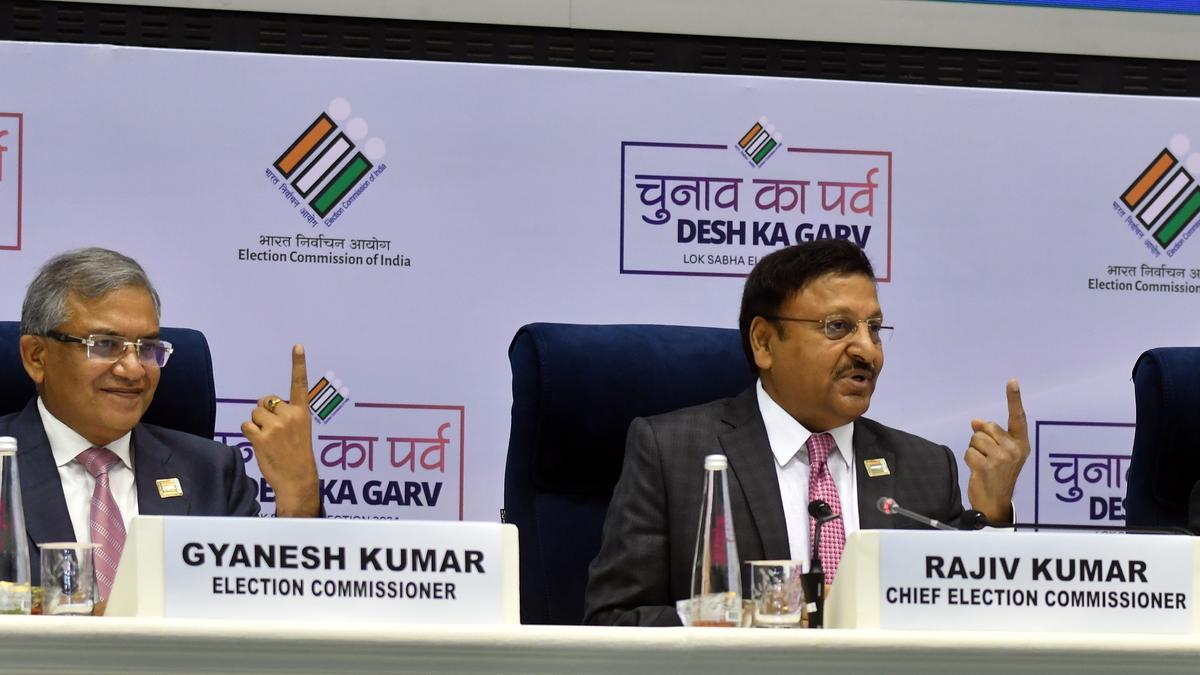
Election Commission always in favour of transparency, but must also protect donor privacy: CEC on electoral bonds scheme
The Hindu
‘Answer maadi Modi’: Karnataka CM targets PM on Electoral Bonds during latter's poll campaign in Kalaburagi
Hindustan TimesElectoral bonds display ‘scientific corruption’ methods of the BJP: Former Puducherry CM
The Hindu
Always favor transparency - CEC on electoral bonds
New Indian Express
DC Edit | State Bank should have shared all info on bonds
Deccan Chronicle
Conflict of interest is built into the idea of electoral bonds
Hindustan Times
Electoral bonds scheme was world’s biggest extortion racket run by PM Modi: Rahul Gandhi
The Hindu
Electoral Bonds Data Given To ECI In Two PDF Files With Purchaser & Political Parties Details : SBI Chairman Tells Supreme Court
Live LawElectoral Bonds Case: SBI files compliance affidavit in SC after sending electoral bonds details to EC
The Hindu
Follow SC for reforms in electoral funding
Hindustan Times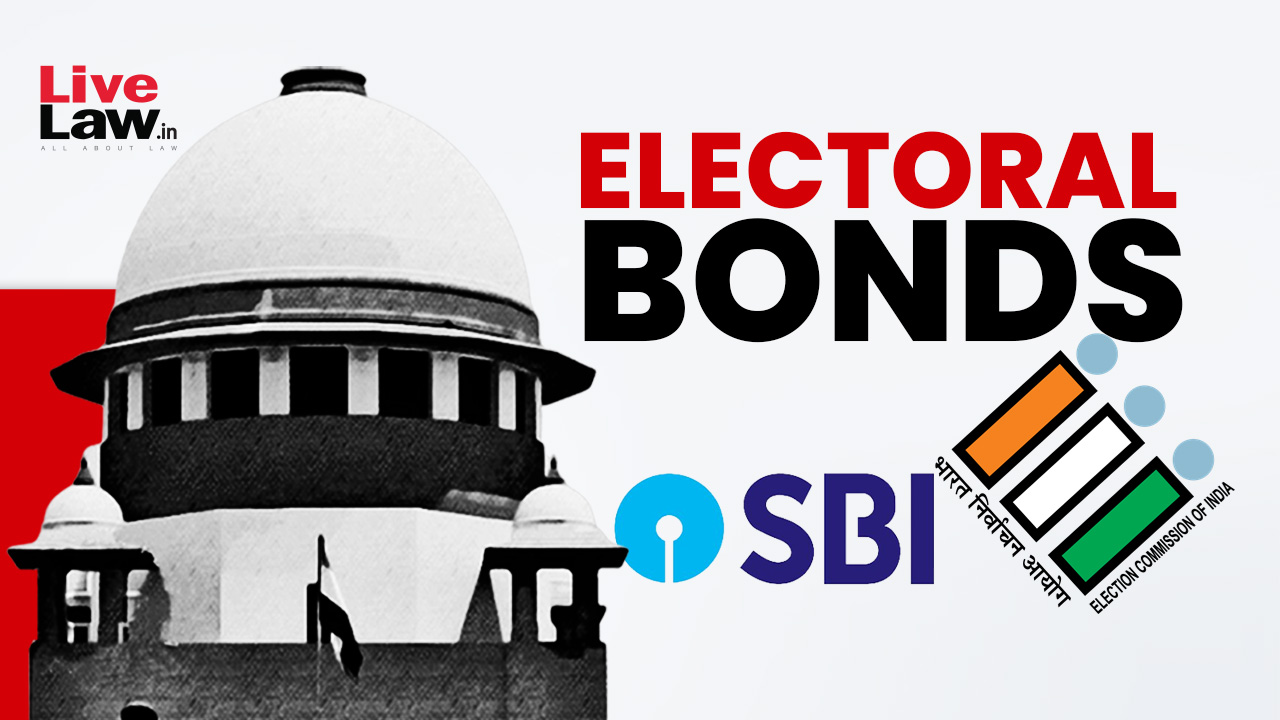
SBI Furnishes Electoral Bonds Details To ECI After Supreme Court Rebuke
Live Law
'...As certified by Supreme Court': Congress calls electoral bonds 'mega corruption scandal'
Hindustan Times
Electoral bonds: Supreme Court raps SBI, asks ‘what steps have you taken in last 26 days?’
Hindustan Times
Electoral bonds: Supreme Court raps SBI, asks ‘what steps have you taken in last 26 days?’
Hindustan Times
Electoral bonds: Key Supreme Court hearing today as SBI, NGO file petitions | 10 points
Hindustan Times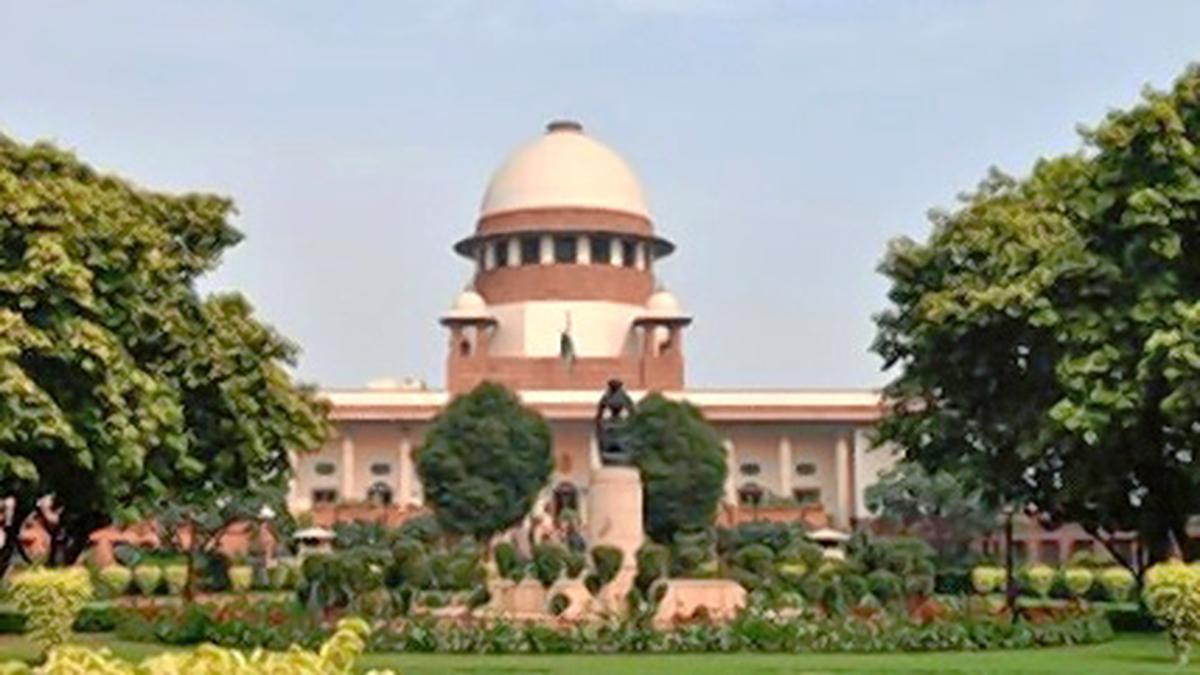
Electoral bonds case | Five-judge Bench to hold special sitting on SBI plea for more time
The Hindu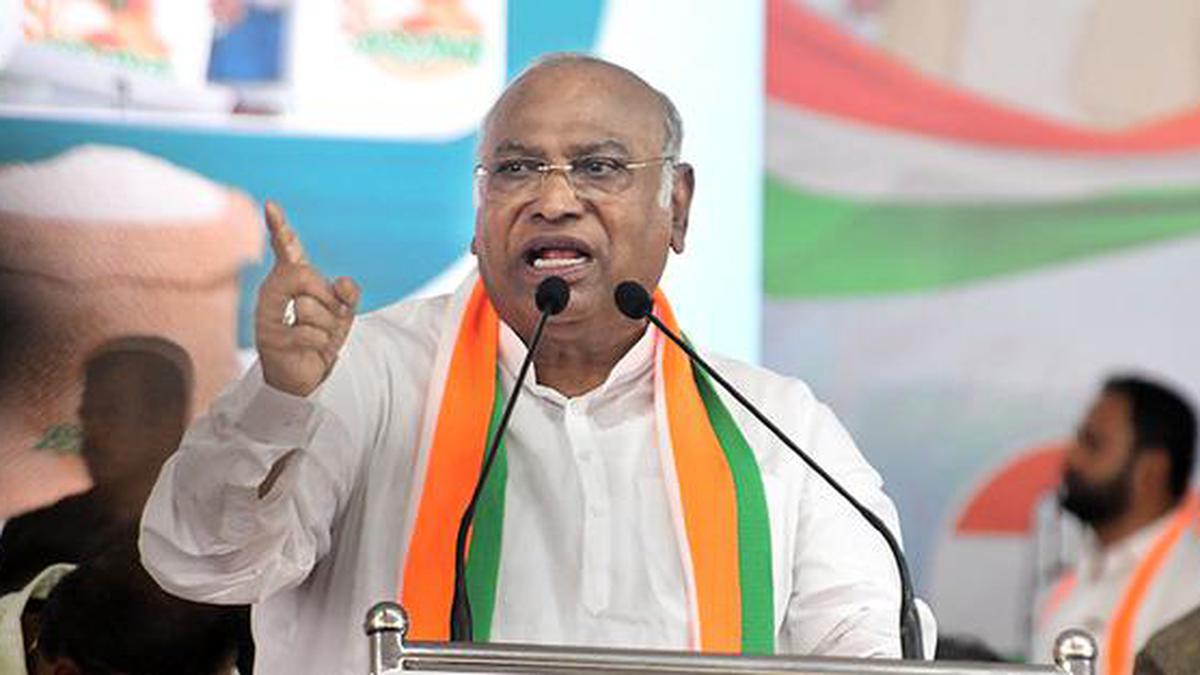
Electoral bonds scheme | Modi government using SBI as a “shield” to hide dubious deals: Kharge
The Hindu
‘Narendra Modi has...’: Congress links SBI electoral bond move to Lok Sabha polls
Hindustan Times
Electoral bonds a scandal, move to annul them will lead to greater transparency: Amartya Sen
New Indian Express
Explainer | Ctrl + Delete: Electoral Bonds
New Indian Express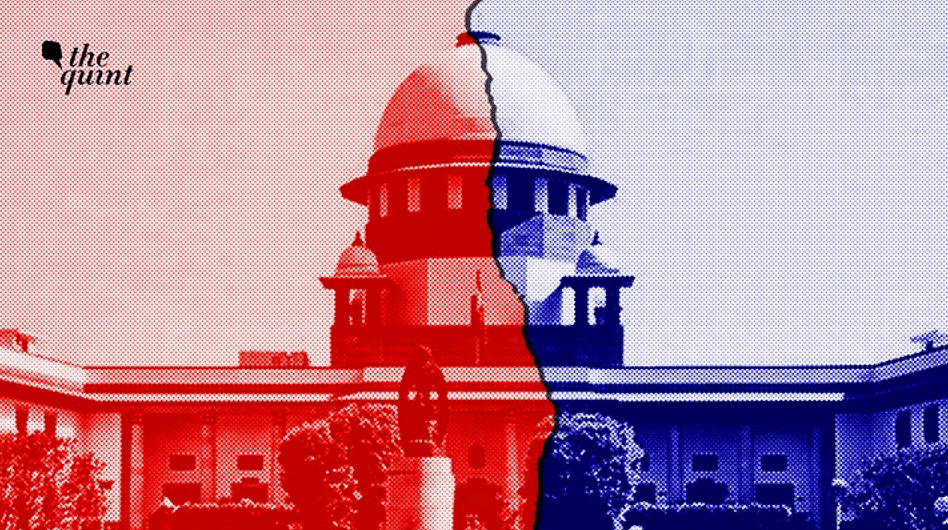
Electoral Bonds and Chandigarh: Will SC's Recent Run Prove to Be Fleeting?
The Quint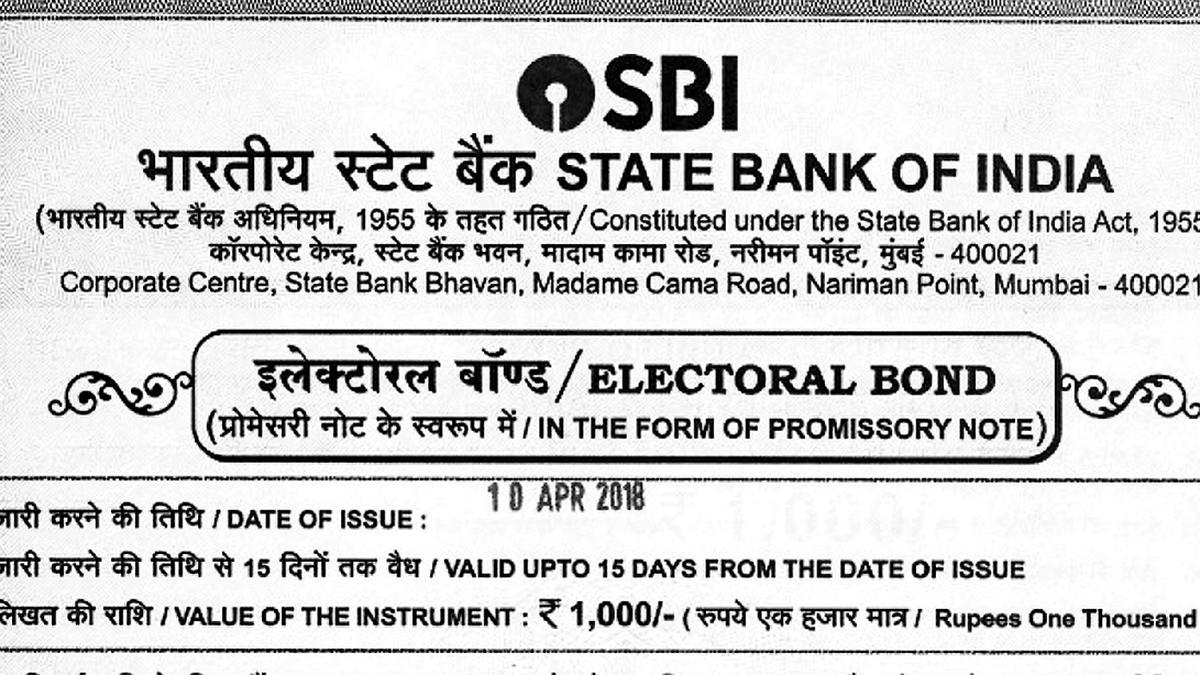
Making sense of electoral bond judgment through data
The Hindu
Electoral bonds versus electoral trusts: The debate raging since Independence
Hindustan Times
A Fillip To Democracy : Supreme Court's Electoral Bonds Case Verdict
Live Law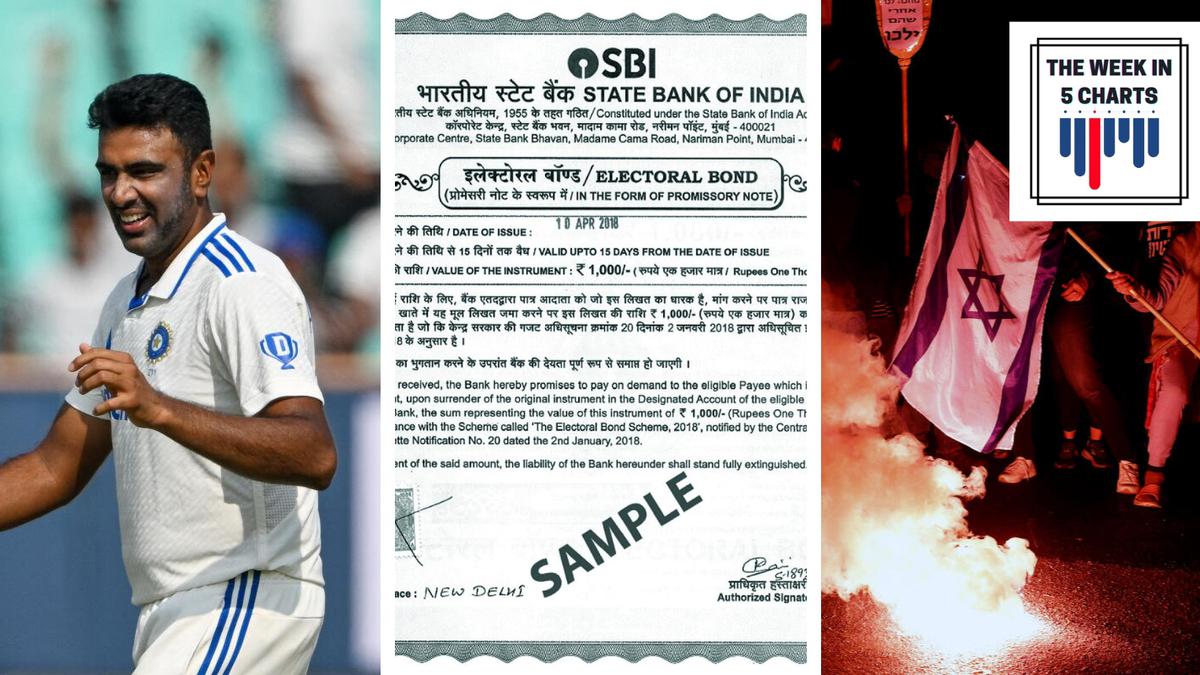
SC strikes down electoral bonds scheme, EFTA trade agreement raises concerns, and more | The week in 5 charts
The Hindu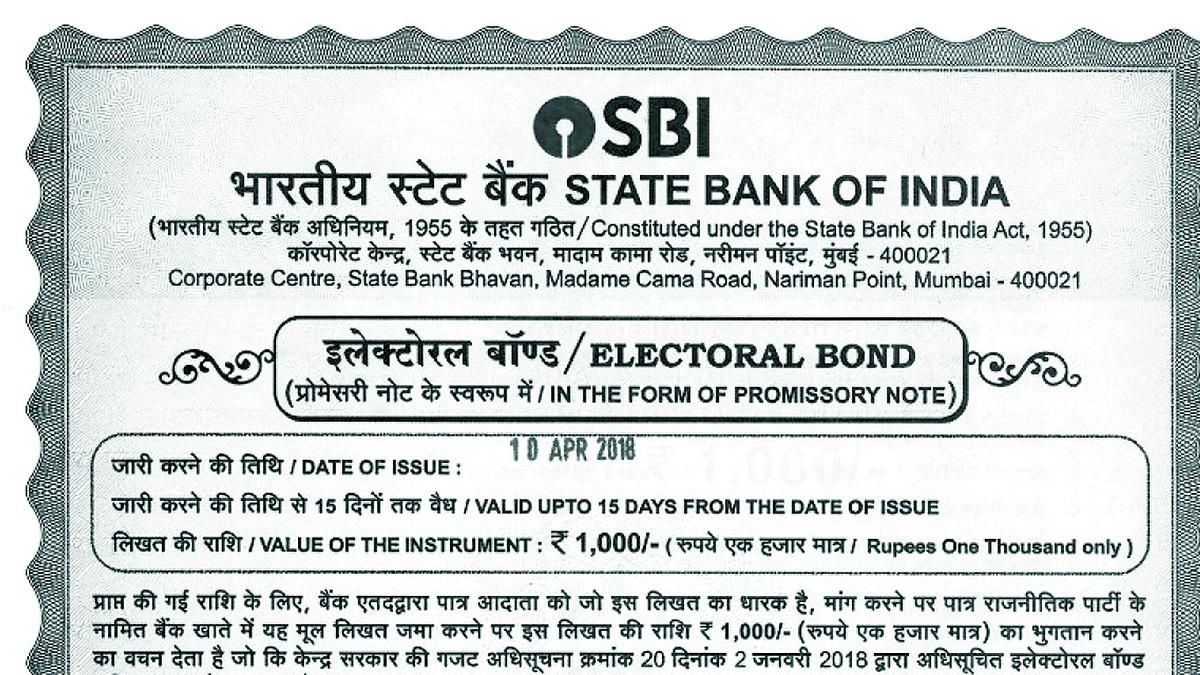
The clear message in the Court’s ‘no’ to electoral bonds
The Hindu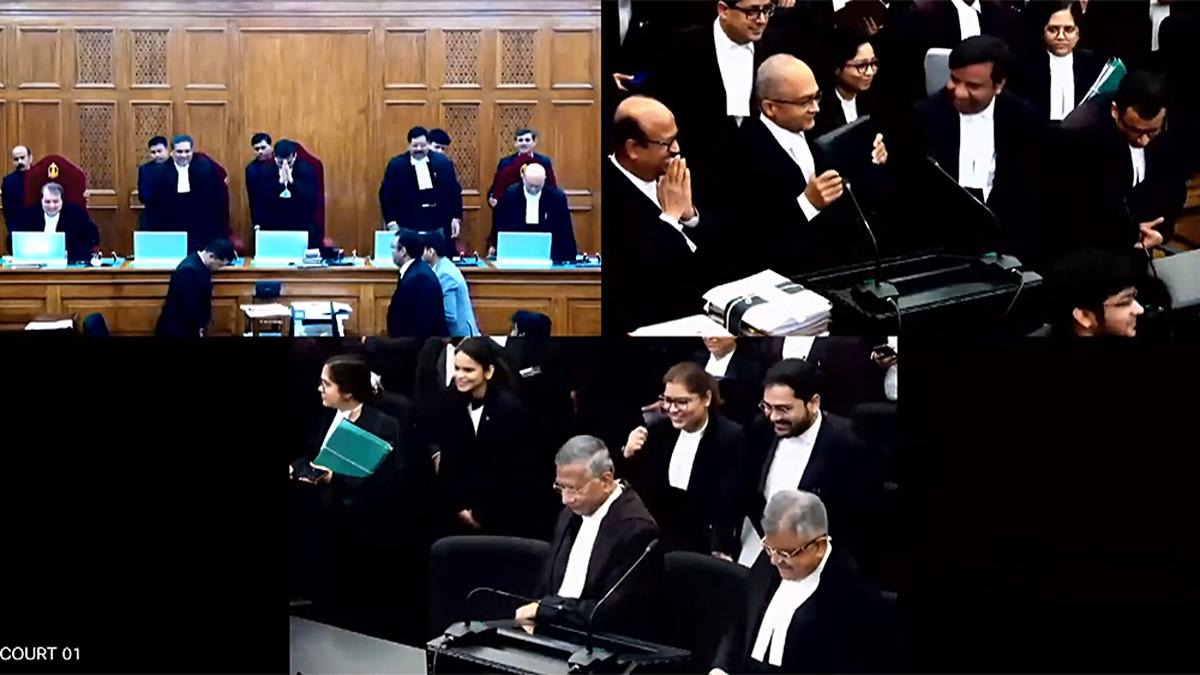
The Hindu Morning Digest, February 16, 2024
The HinduDiscover Related


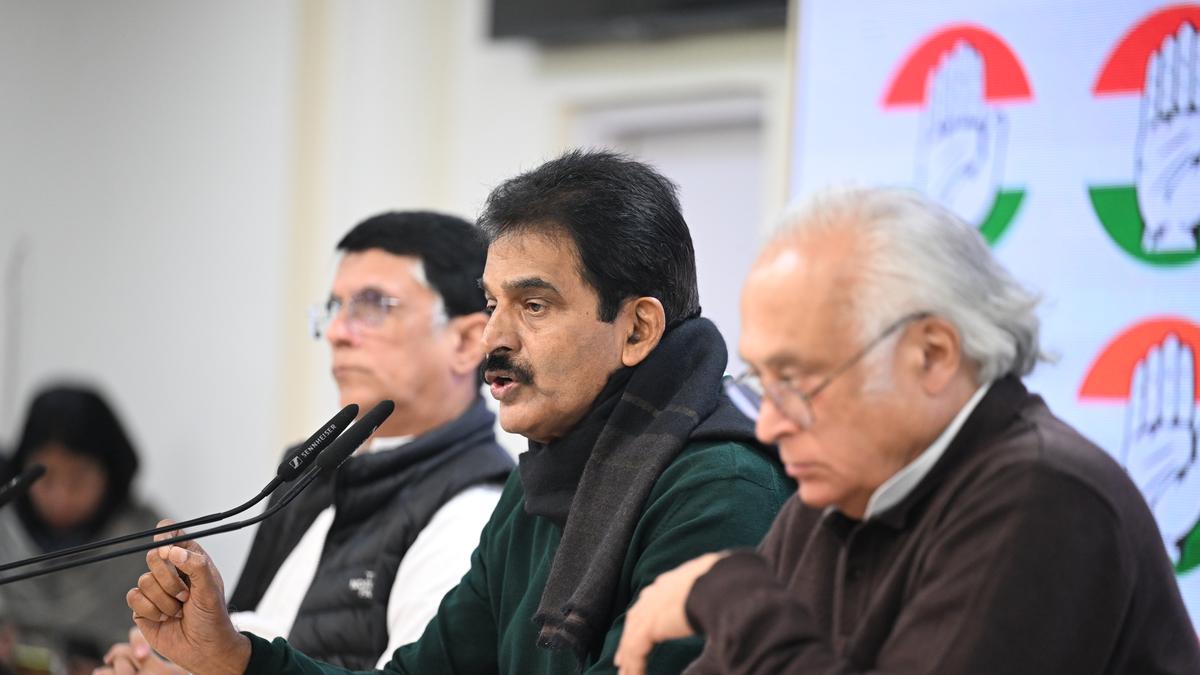


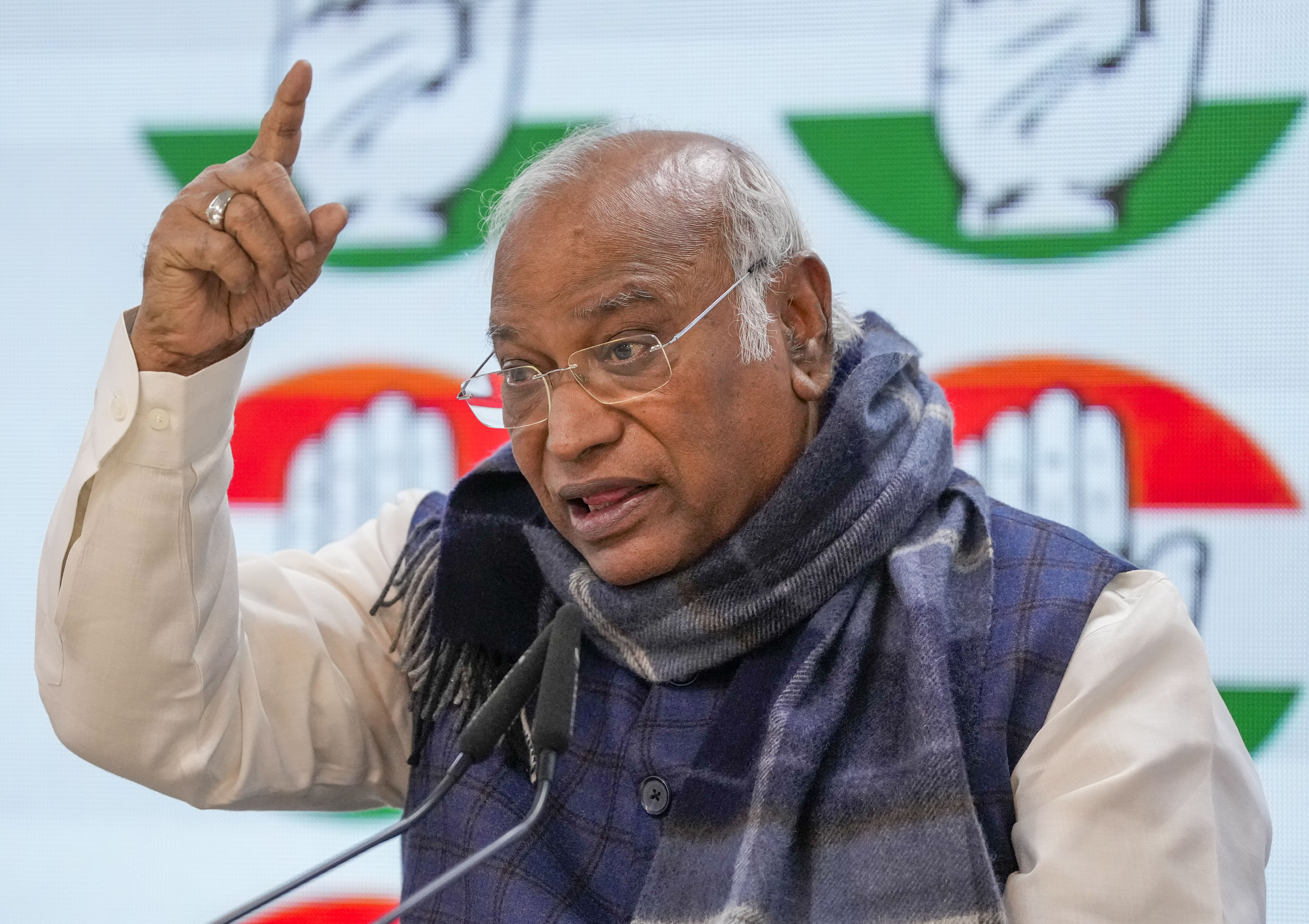


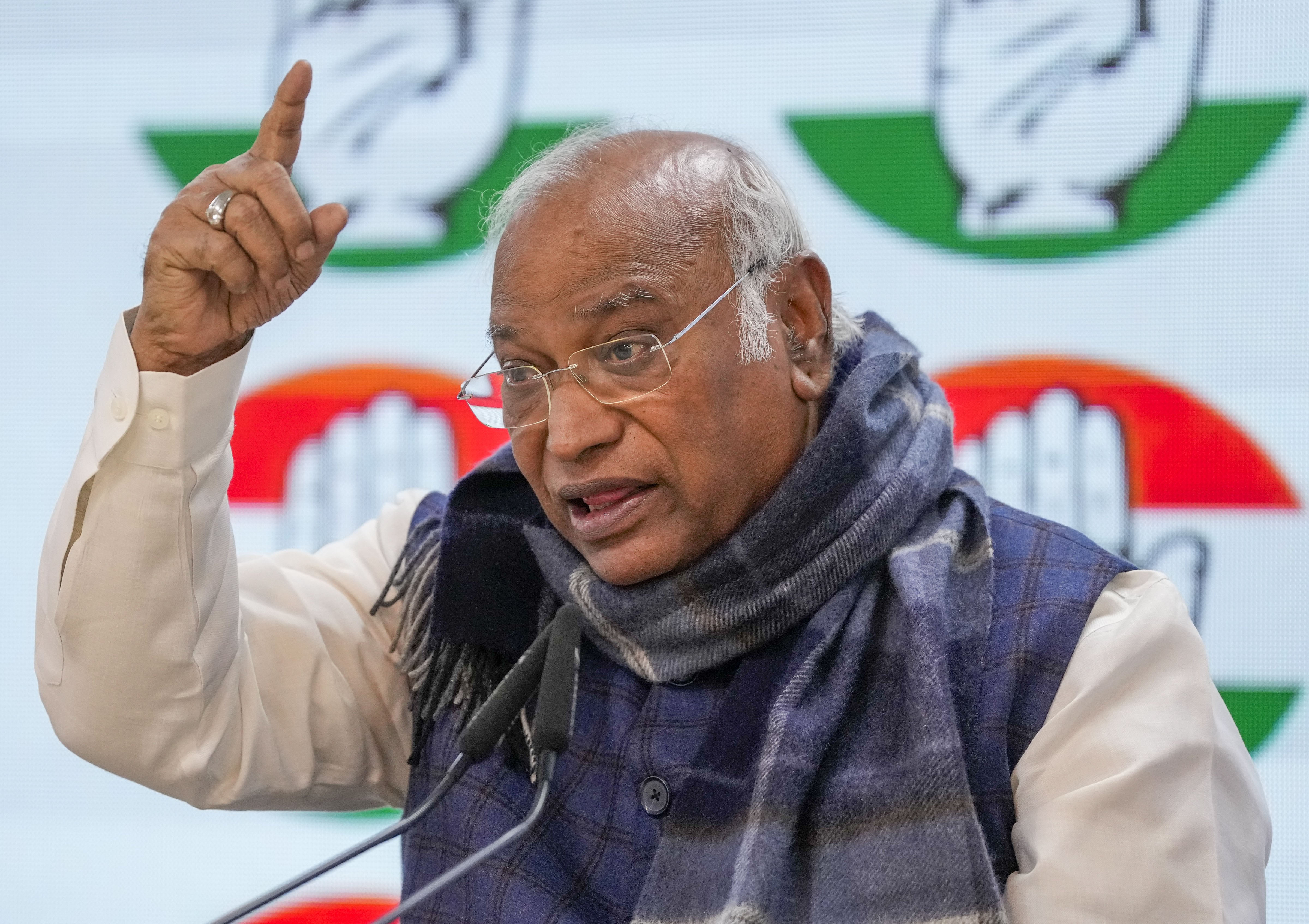
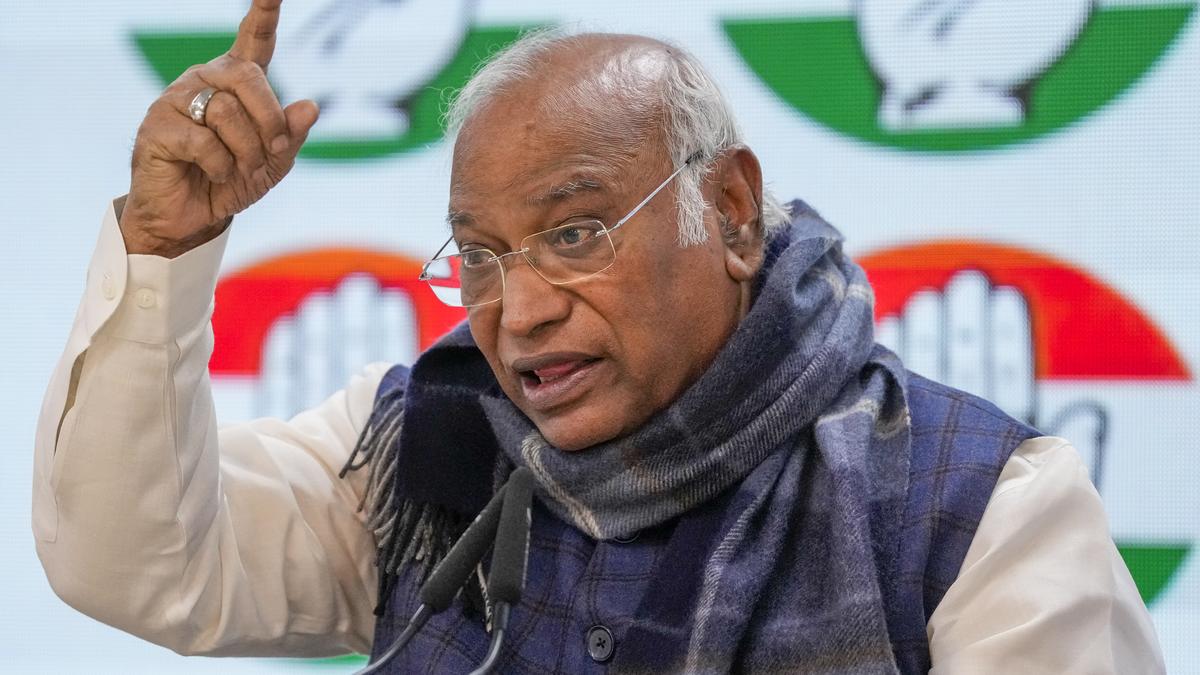


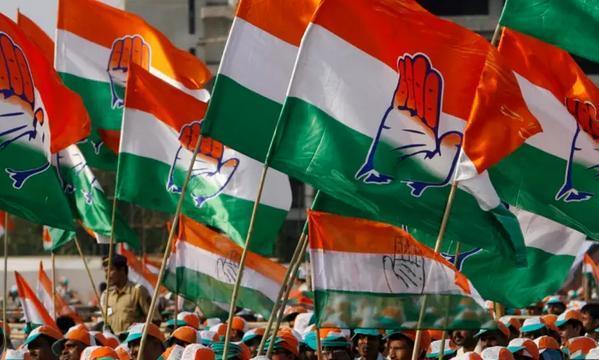
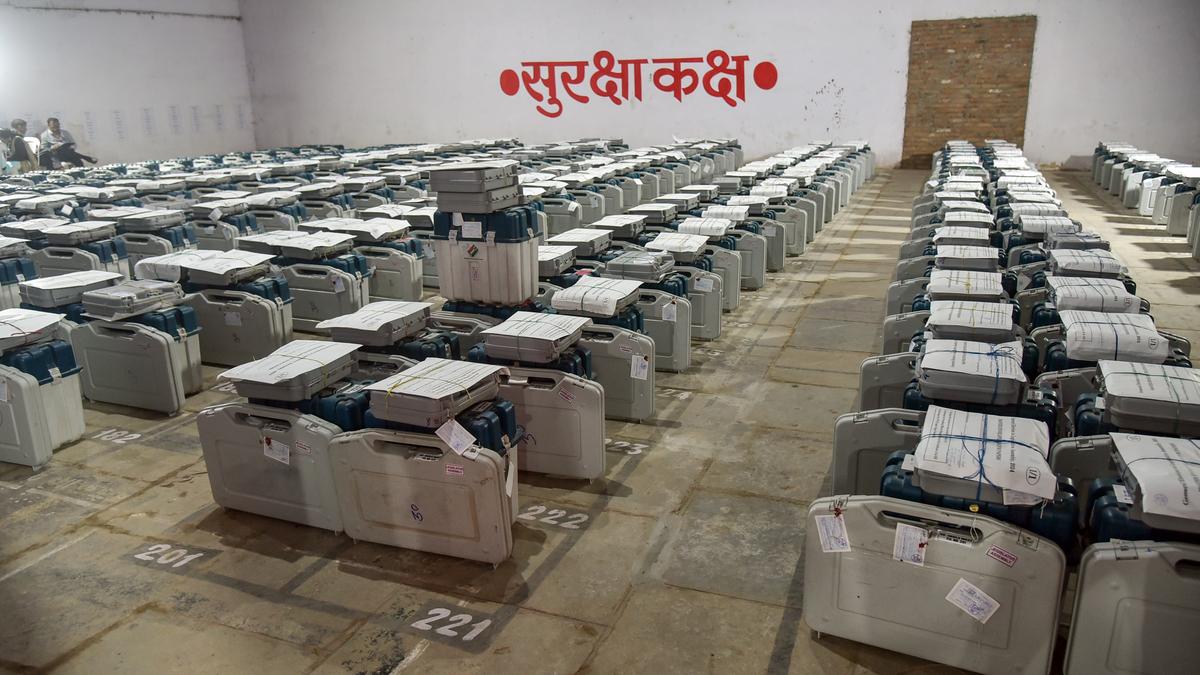
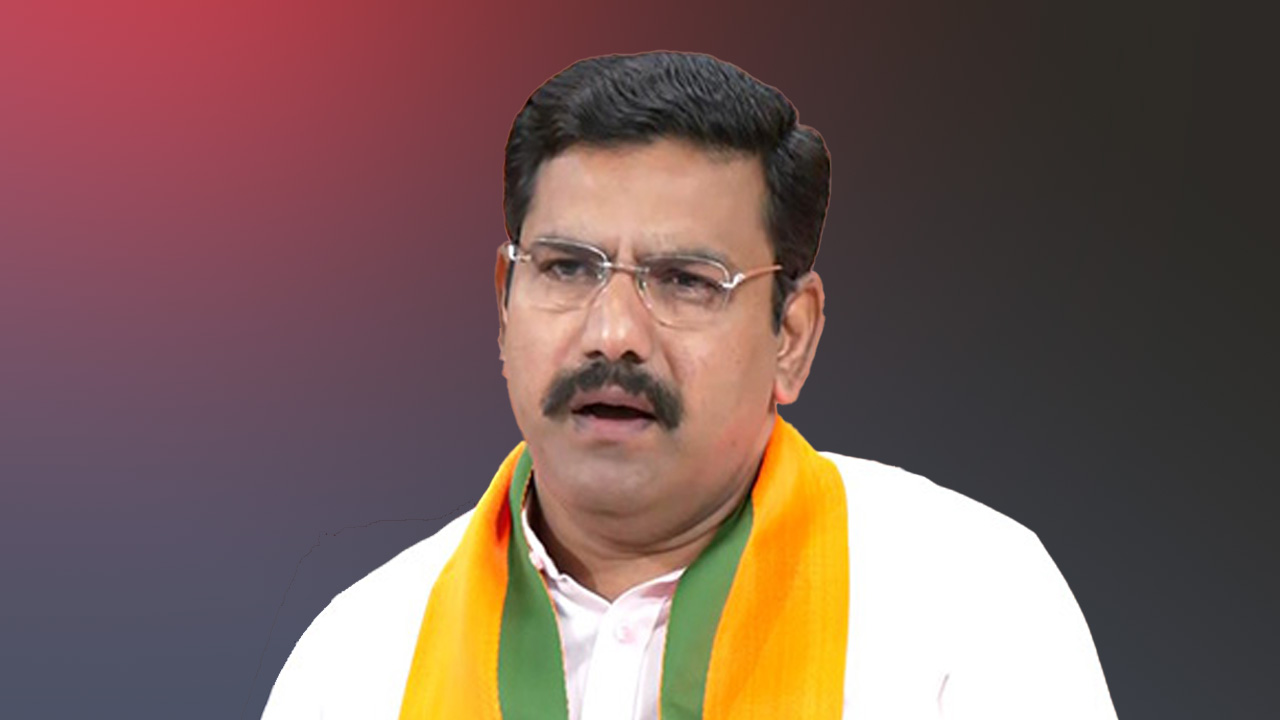








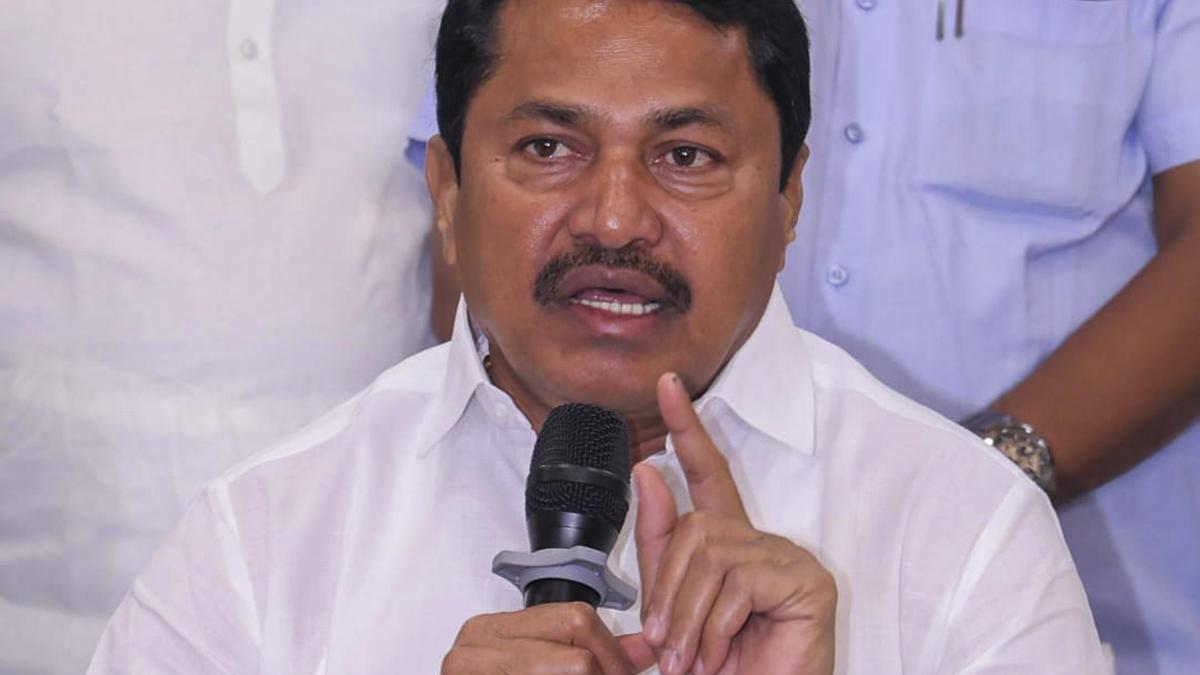


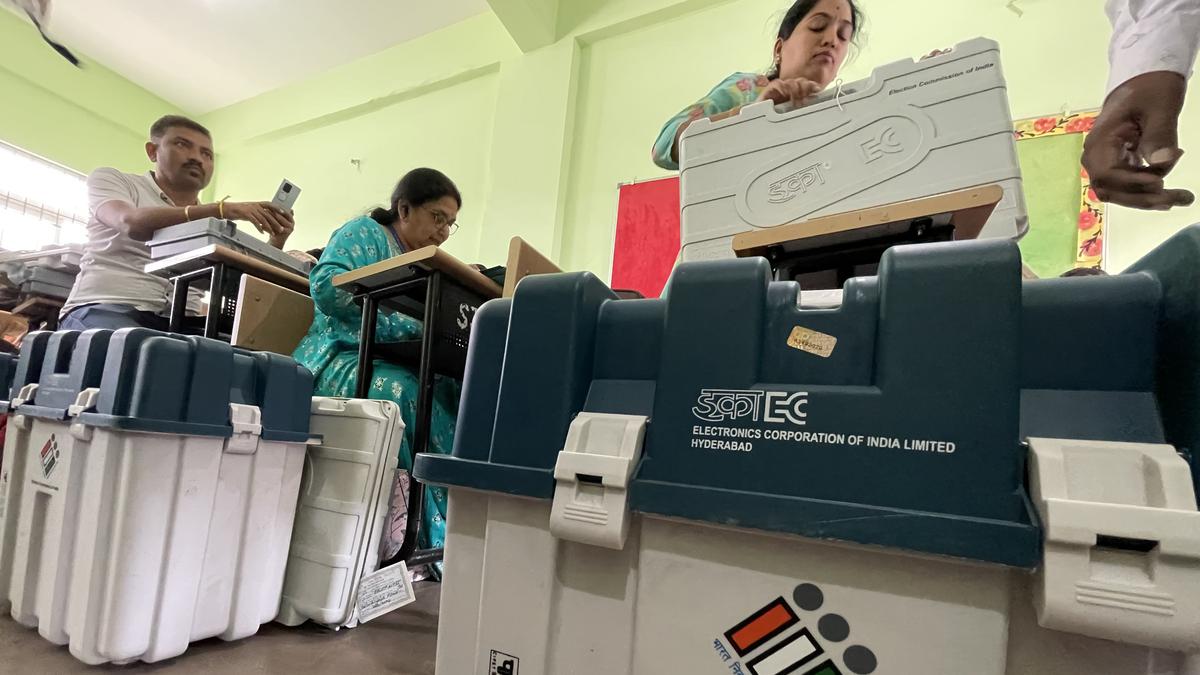

'EVM tampered when you lose, not when you win': SC junks plea for reverting to paper ballots
New Indian Express

![[Maharashtra Elections] Court Can Interfere In Electoral Process Only To Progress And Further It: HC Denies Relief To Candidate Over Rejected Nomination](https://www.livelaw.in/h-upload/2024/11/11/570699-justice-arif-s-doctor-justice-somasekhar-sundaresan.jpg)


